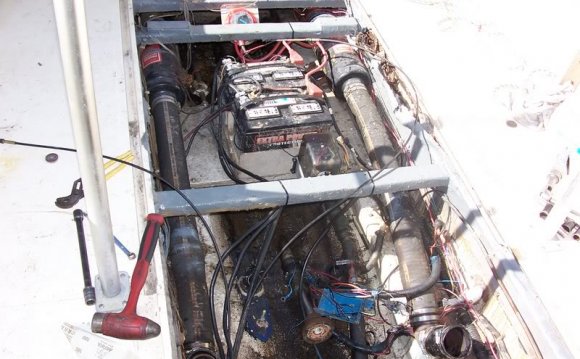
There are two commonly available inexpensive materials that will kill rot in wood and prevent its recurrence. First, there are borates (borax-boric acid mixtures) which have an established record in preventing rot in new wood and in killing rot organisms and wood-destroying insects in infested wood.
Second, there is Glycol, most readily available as auto antifreeze-coolant. Glycol is toxic to the whole spectrum of organisms from staphylococcus bacteria to mammals.
Ethylene glycol and propylene glycol are clear liquids used in antifreeze and deicing solutions. Exposure to large amounts of Ethylene Glycol can damage the kidneys, heart, and nervous system. Propylene Glycol is generally regarded as safe for use in food. Antifreeze that is sold as "Earth Friendly", "Environmentally Safe", etc are generally based on Propylene...Make Sure You Buy The Propylene Glycol, NOT the Ethylene!!!
Source of Information : Agency for Toxic Substances and Disease Registry (ATSDR). 1997. Toxicological profile for ethylene glycol and propylene glycol. Atlanta, GA: U.S. Department of Health and Human Services, Public Health Service.
Both borate solutions and glycol penetrate dry and wet wood well because they are water-soluble; in fact, penetration by glycol is especially helped by its extreme hygroscopicity - its strong attraction for water. For both, the fact that they are water-soluble means they are not permanent solutions to rot in wood that is continually exposed to water-below the waterline and in ground-where they will eventually be extracted-dissolved out.
I have had good results by adding a water soluable "Sealer" to my solutions which make them more water resistant.
There are two types of borate products commercially available for treating wood, Tim-bor®).. A powder you mix with water and spay apply to all wood including studs, crawl spaces, subfloor, rafters and exterior sheathing. It provides a termite and rot resistant envelope treatment that can last for 30 years or more.
Treating an existing problem is best done with Bora-Care®).. It is a liquid concentrate that is mixed with water and sprayed on the affected wood and all of the wood surrounding that area.
A solution of Tim-bor can also be used if the wood has a moisture content of 20% or greater.
Their equivalents and more concentrated solutions can be easily prepared from borax, boric acid, and antifreeze at much lower cost.









